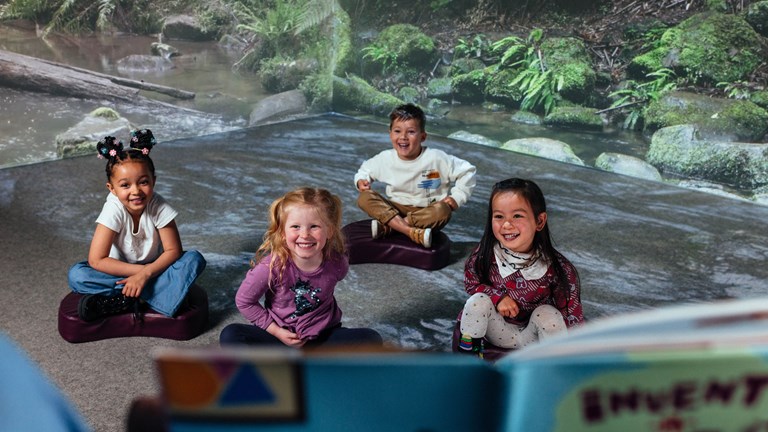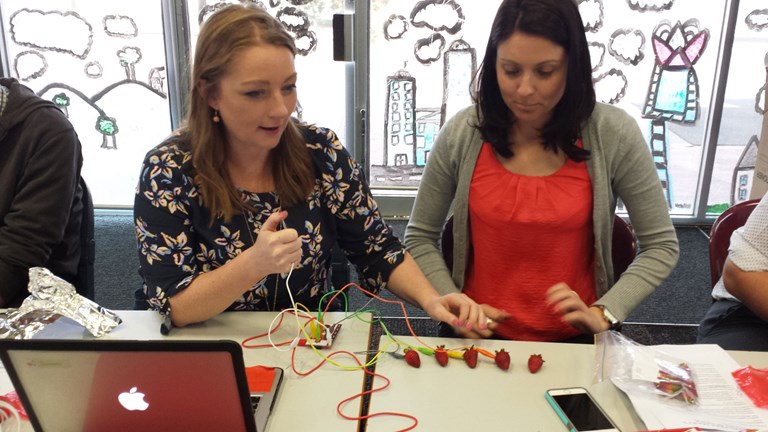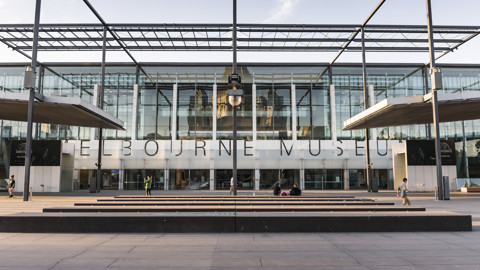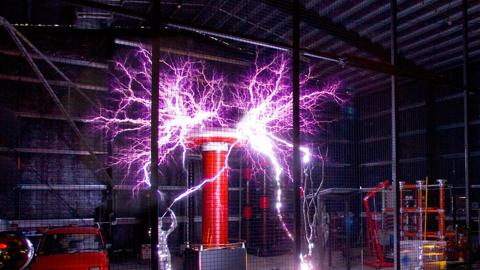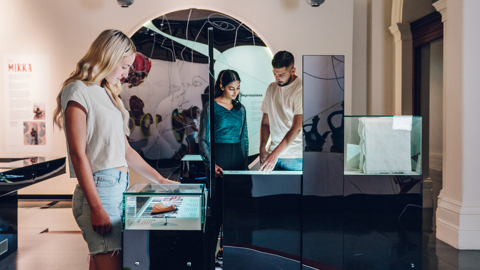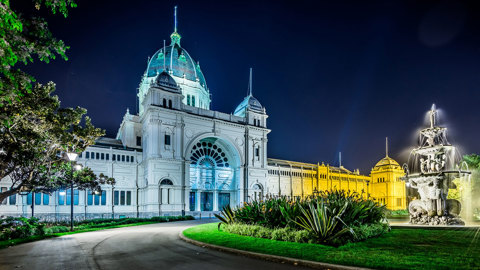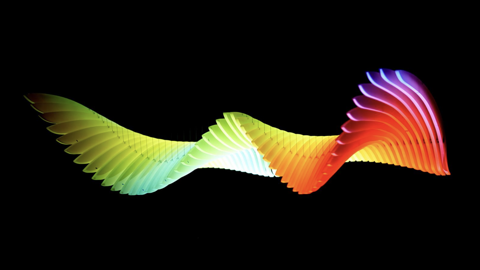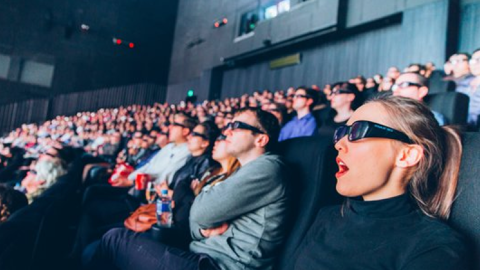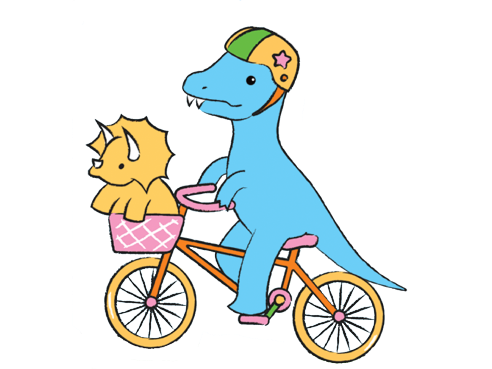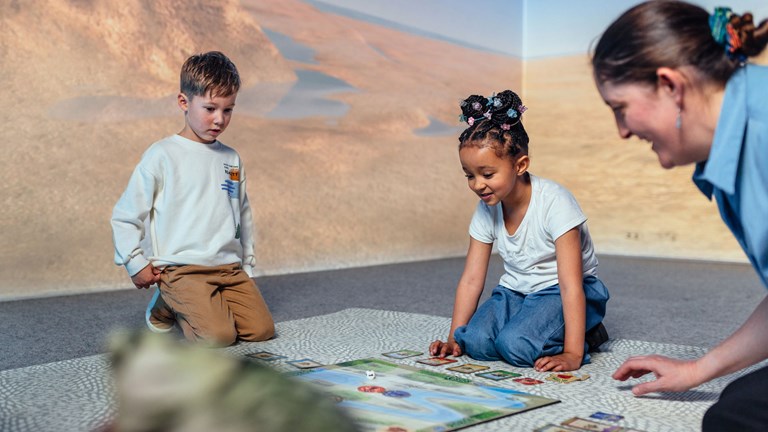
Education programs for early childhood services
Museums Victoria offers a variety of museum-based programs and outreach incursions for children aged 4+ across both Melbourne Museum and Scienceworks.
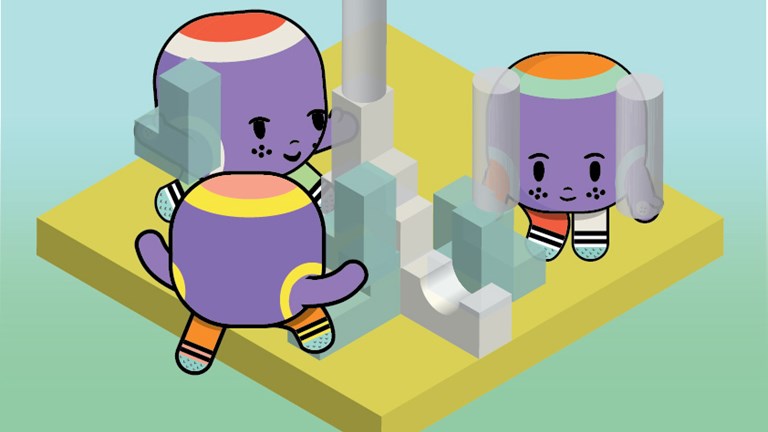
Make, Solve, Create
Children take part in an interactive story, working together to build solutions to the problems they encounter.
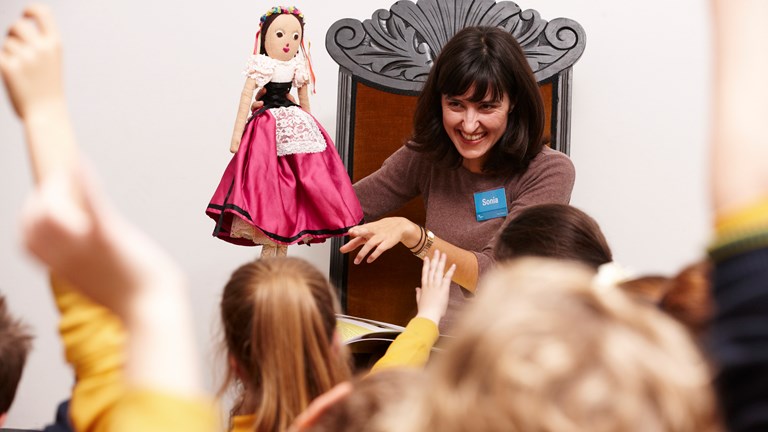
Comparing Past and Present: My Grandmother's Toy Box
Interactive storytelling and object-based learning about history.
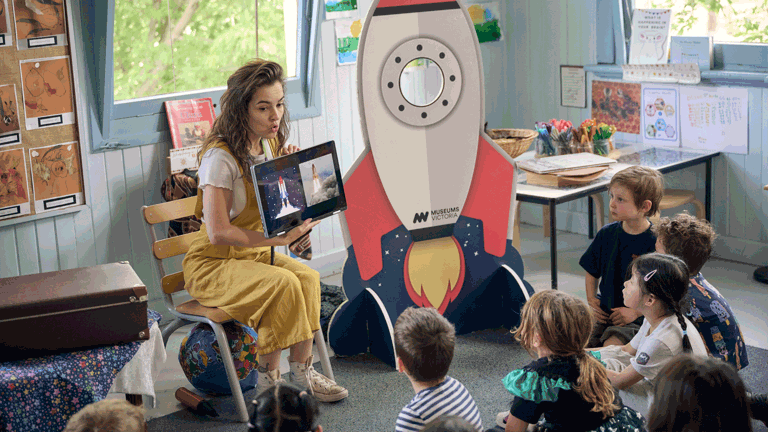
Museum in a van incursion: Rockets and Robots
Explore how we get to space with rockets, consider what it’s like to live in space and program space rover robots!
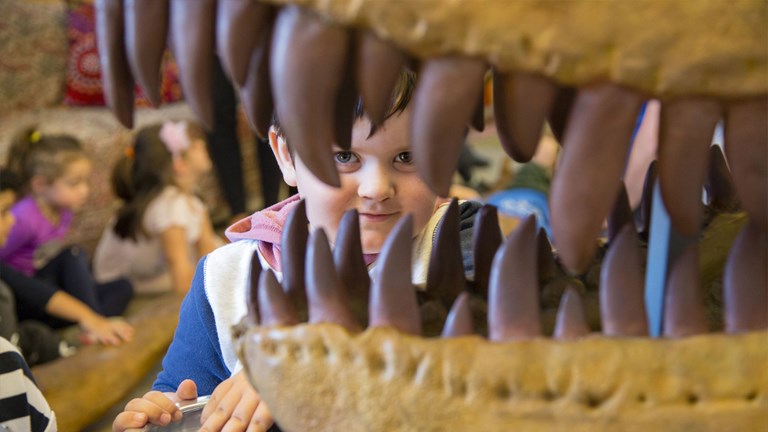
Dinosaurs and Fossils
With the aid of fossils, dinosaur bones, replicas and photographs, we go back in time to reflect on the existence of these ancient animals.
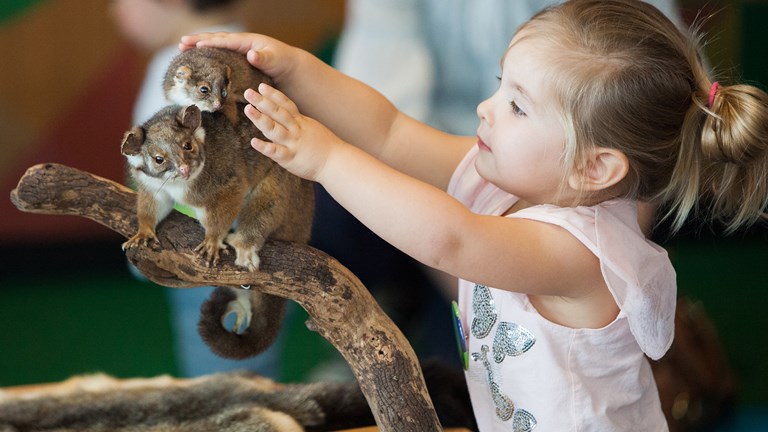
Australian Animals and Megafauna
Learn about Australia's unique wildlife with mounted specimens from the Museums Victoria collections.
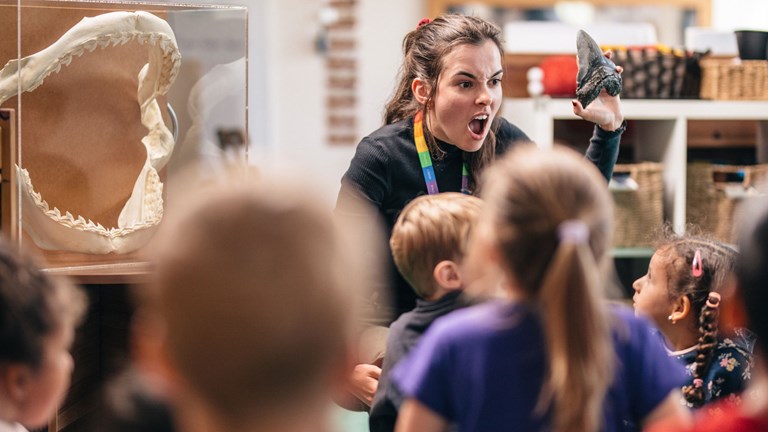
Ocean Wonders
Find out about the wonderful things that live on our beaches and swim in our oceans.
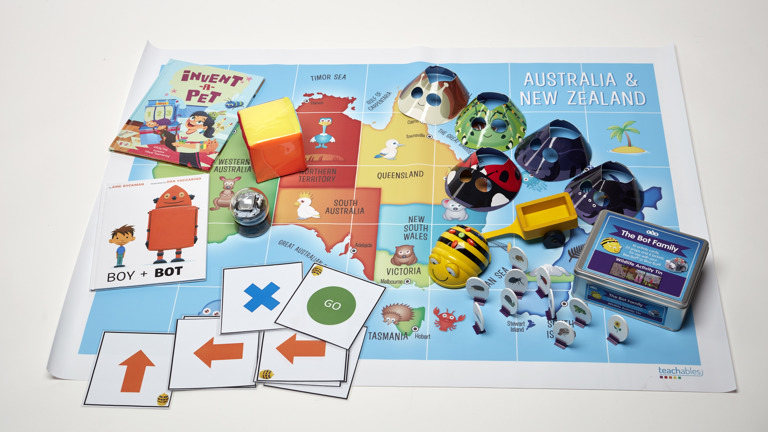
Coding and robotics
SUITABLE FOR YEARS K TO 2
This kit offers a range of resources to introduce children to foundational coding concepts and robotics.
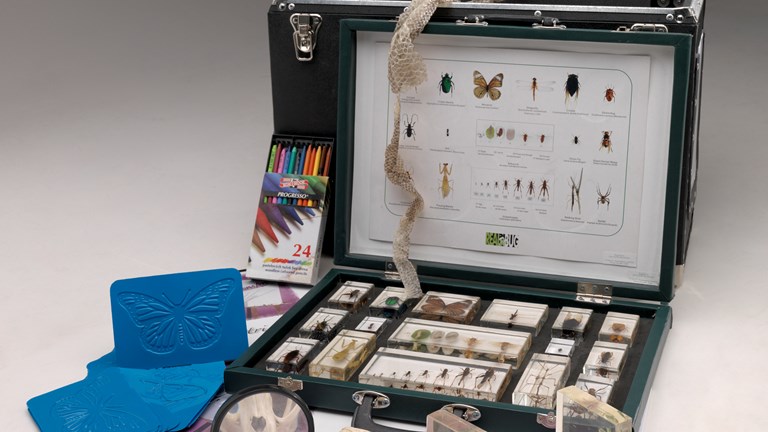
Drawing on nature
SUITABLE FOR YEARS K TO 9
Contains specimens and art materials to engage with natural science and the local environment through a range of art activities.
...findings have highlighted a positive connection between the quality of the classroom and the level of children’s involvement in dramatic play. Specifically, early childhood educators were shown to have a crucial and much needed role in guiding children’s involvement in dramatic play.Robertson et. al (2018) https://doi.org/10.1080/03004430.2018.1473389
Curriculum Links
The VEYLDF (Victorian Early Years Learning and Development Framework) is the curriculum used in Victoria at all early learning services for children who are yet to start school. Using a ‘STEM lens’ educators and teachers can incorporate the following practice principles and learning outcomes as they engage the children in their care in play based learning experiences.
Practice Principle: Reflective Practice
- educators apply evidence based practices to advance children's learning of STEM
- educators engage in skill development and change some practices to incorporate new understandings into practice
Practice Principle: Integrated Teaching and Learning Approaches
- educators use intentional teaching strategies to expose children to developmentally appropriate STEM learning experiences
Practice Principle: Partnerships with Families
- early childhood professionals actively engage families and children in planning for ongoing learning and development in the service, at home and in the local community
- early childhood professionals create a welcoming and inclusive environment where all families are encouraged to participate in and contribute to experiences that enhance children’s learning and development
Learning Outcome 4: Children are confident and involved learners
- Children develop dispositions for learning such as curiosity, cooperation, confidence creativity, commitment, enthusiasm, persistence, imagination and reflexivity
- Children develop a range of skills and processes such as problem solving, inquiry and experimentation, hypothesizing, researching and investigating
Learning Outcome 5: Children are effective communicators
- Children express ideas and make meaning using a range of media
- Children begin to understand how symbols and pattern systems work
- Children use ICT to access information, investigate ideas and represent their thinking
